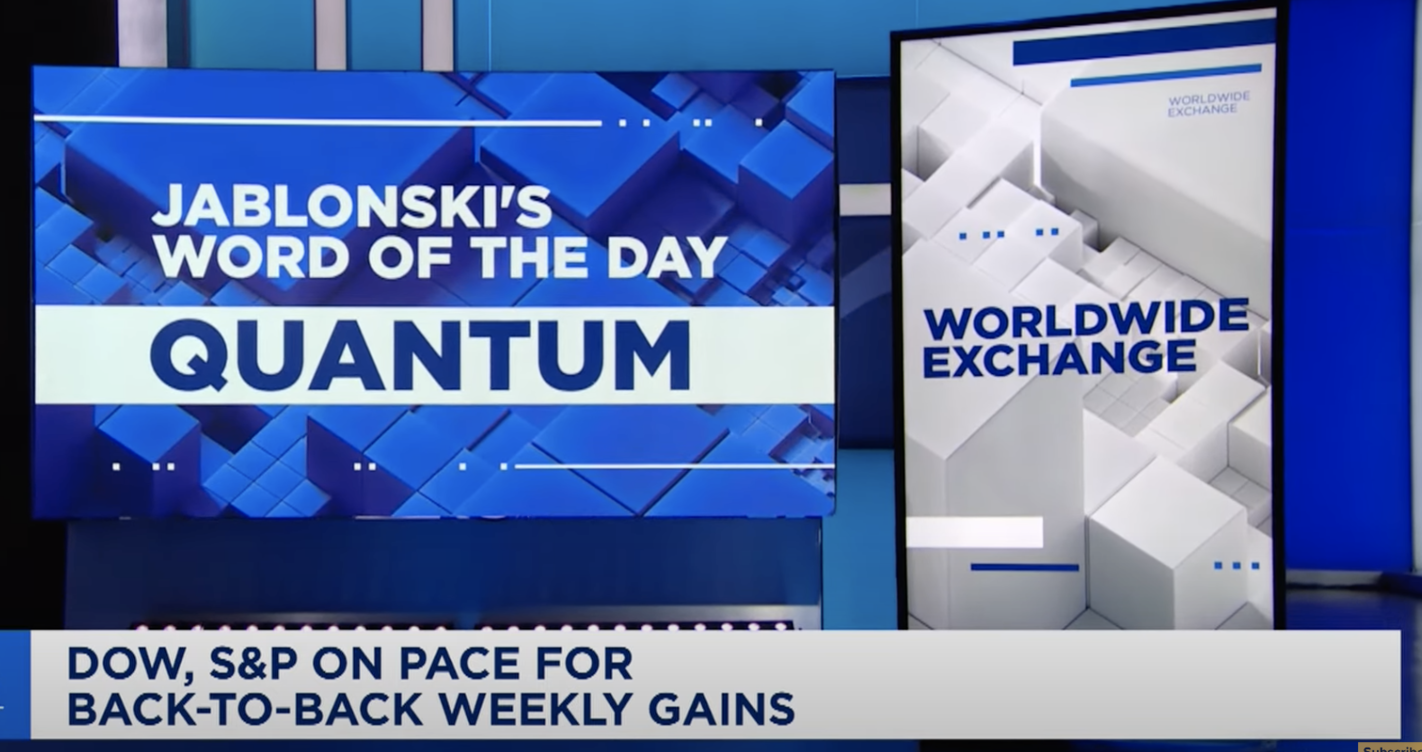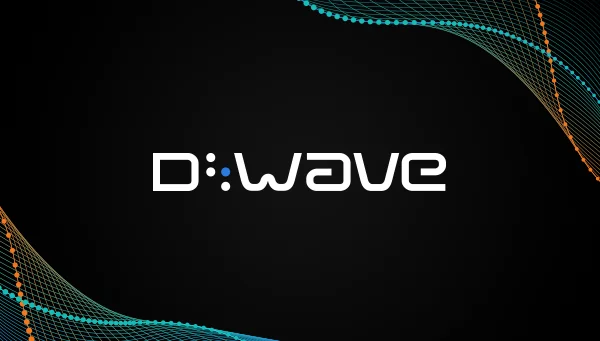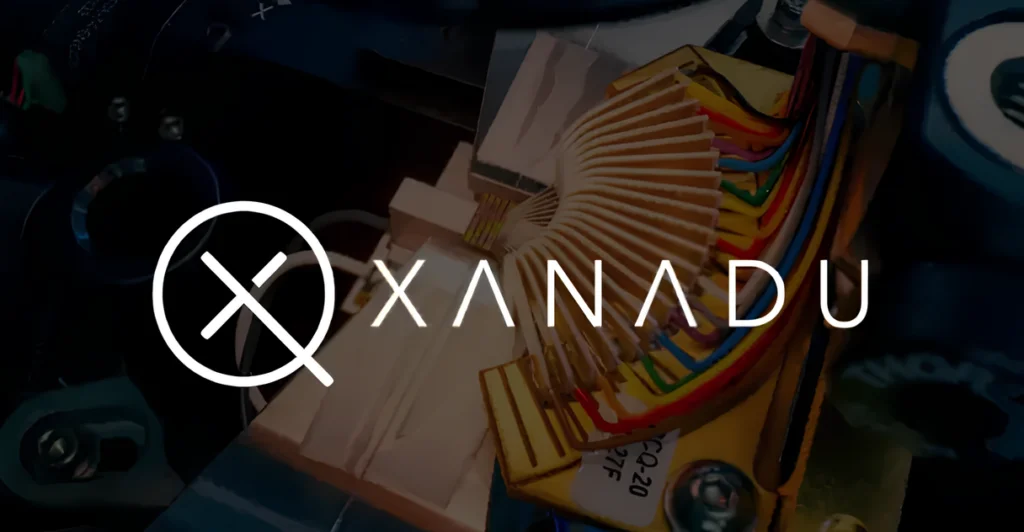Insider Brief
- Sylvia Jablonski, Chief Executive Officer and Chief Investment Officer of Defiance ETF, sees quantum computing as an area investors should watch closely.
- Quantum computing could be used in processing data for sectors already being transformed by AI.
- Defiance ETFs create ETFs — exchange traded funds — focused on innovative technologies.
Sylvia Jablonski, Chief Executive Officer and Chief Investment Officer of Defiance ETF, sees quantum computing as an area investors should watch closely, during her recent appearance on CNBC. Quantum could pick up pick up so much attention from businesses and investors that it will be the successor to the current interest in artificial intelligence (AI) technologies, she added.
“My word of the day is actually quantum,” Jablonski said on the financial news network. “The way I see markets today is the absolute fervor and interest in all things A.I. and A.I. is the tide that rises all boats. I think quantum is the next generation of A.I. You need it to process data and make changes in all of the sectors we have been talking about that A.I. has been impacting with drug discovery and curing diseases.”
According to Jablonski, just as AI is powering progress in not just the computer industry, but in fields that adopt the use of AI, she believes that quantum computing will be used in processing data for sectors already being transformed by AI, such as drug discovery and curing diseases.

Jablonski has deep industry knowledge as a leader in Defiance ETFs, a firm that creates ETFs focused on innovative technologies.
Exchange-traded funds (ETFs) are investment funds that trade on stock exchanges, similar to stocks, and hold assets such as stocks, commodities, or bonds. They offer investors a way to pool their money in a fund that makes investments in line with a specific strategy, while allowing them to buy or sell shares of that fund throughout the trading day at market price.
She told CNBC the importance of keeping an eye on quantum computing, especially for those who missed out on the gains from companies like AMD and NVIDIA. The Defiance ETF, QTUM, includes stocks that are significant players in the quantum computing space, including big names like IBM, Microsoft, and Amazon.
When asked about the best way to invest in the burgeoning field of quantum computing, Jablonski highlighted IONQ as a “pure play quantum” company. She underscored IONQ’s role in supporting the quantum computing efforts of tech giants such as Amazon and Google, hinting at the company’s growth potential.
“They had awesome growth. This is the first time revenues jumped 90% year over year,” she told CNBC, signaling the company’s robust performance and its place in the expanding quantum computing market.
As quantum computing edges closer to becoming a key area of interest for investors, Jablonski’s insights provide a clear perspective on how this technology could shape future investment strategies, without veering into overhyped territory. Her straightforward analysis underscores the potential of quantum computing as a significant next step in technological investment, rooted in realistic expectations and grounded in her extensive experience in the finance sector.
Jablonski is considered a top expert recognized for her market expertise on television and radio, including CNBC, Bloomberg, Fox, WSJ, Barron’s, Yahoo and Forbes to name a few. Sylvia manages Defiance‘s investment outlook, capital markets, and product development. Prior to joining Defiance Sylvia was Managing Director at Direxion.
You have an ETF that covers the computer space, QTUM. It is a number of stocks that touch that space. One is IBM and Microsoft and Amazon. These are tech names we know. Which one is the best way to play the idea of the prospect of computing going forward?
The purest play in computing is a stock like IONQ. That is a pure play quantum. They are helping companies like Amazon and Google and helping with the innovations. They are poised to grow if this takes off. They had awesome growth. This is the first time revenues jumped 90% year over year. It is a field that can go from close to $1 billion now to $40 billion.
If you found this article to be informative, you can explore more current quantum news here, exclusives, interviews, and podcasts.















